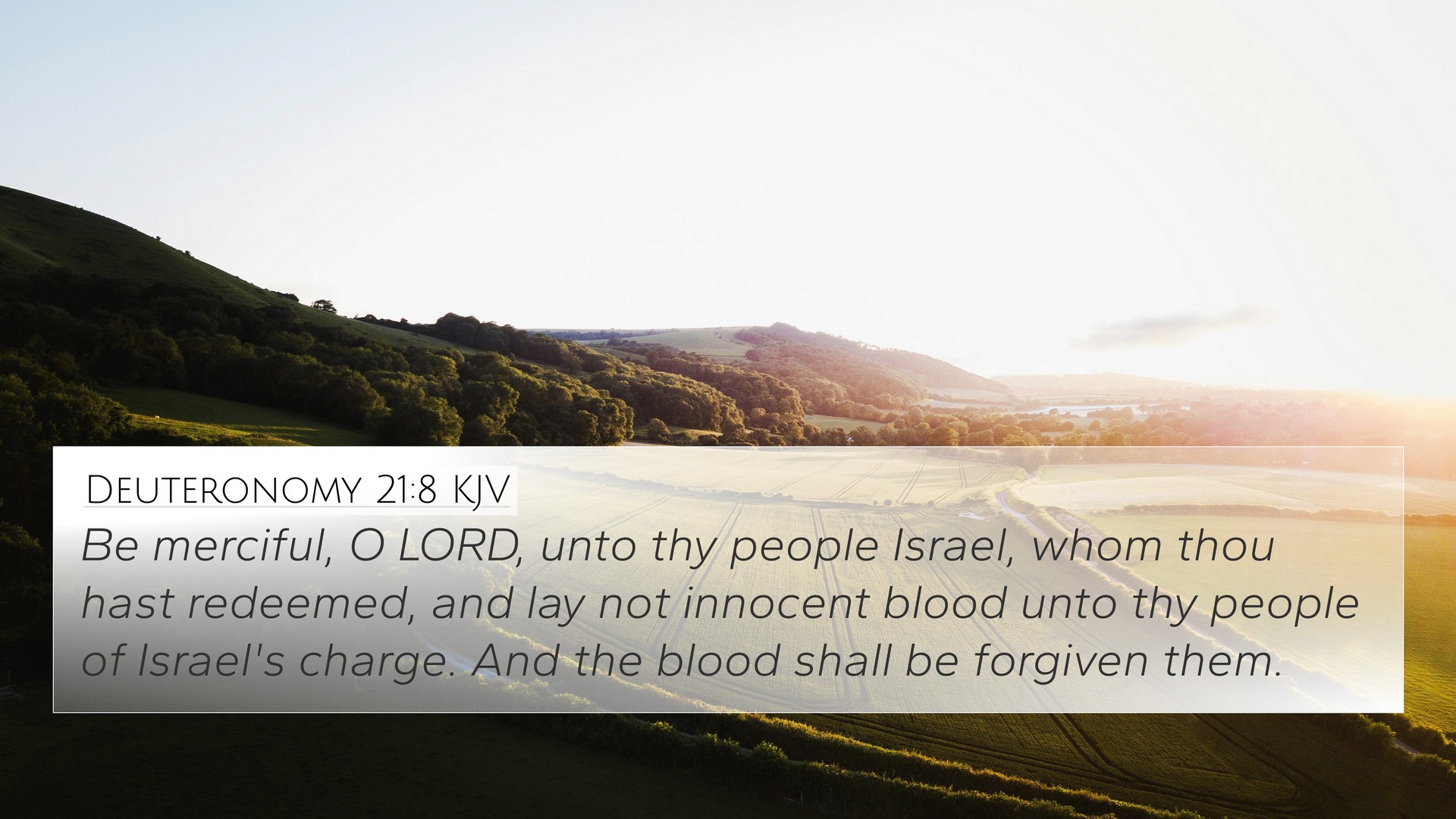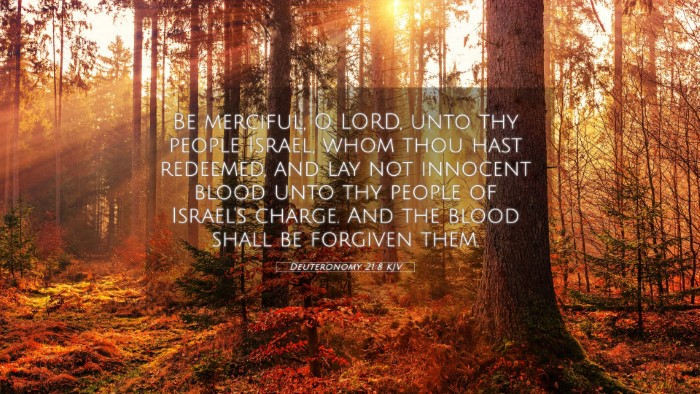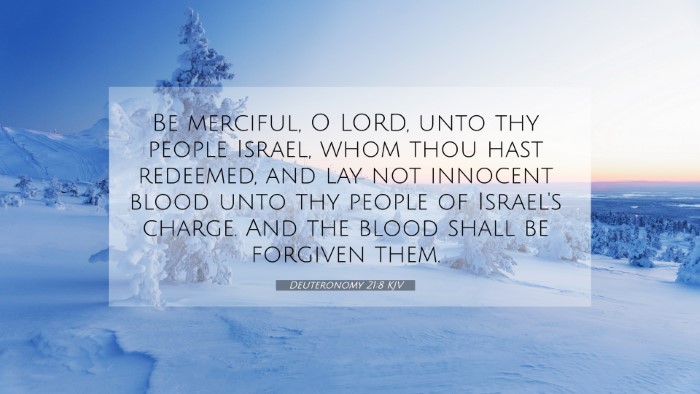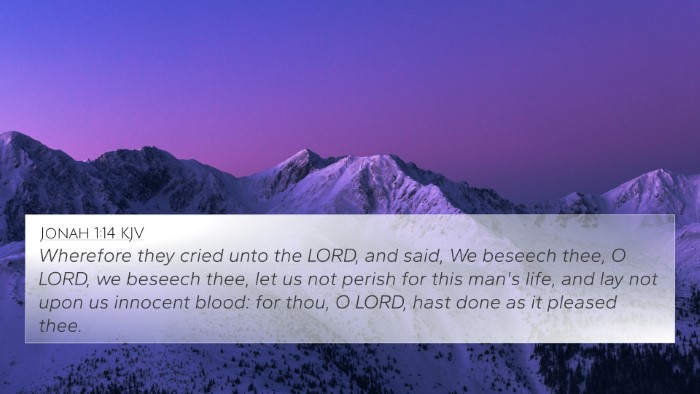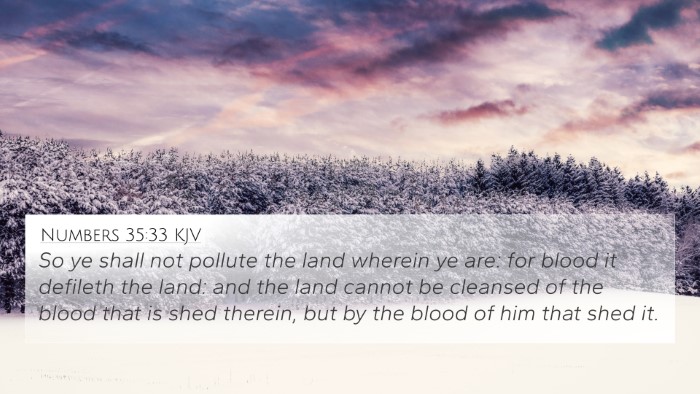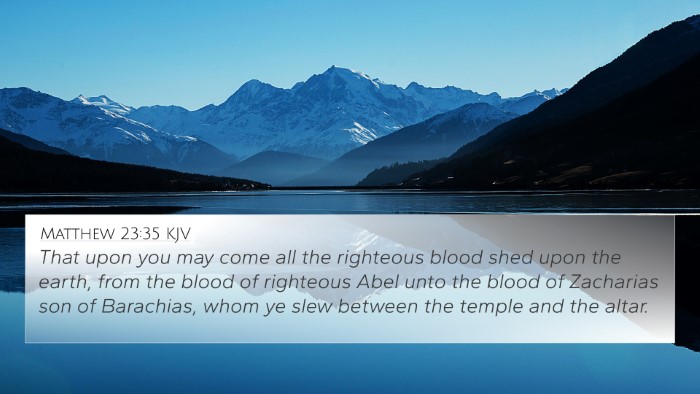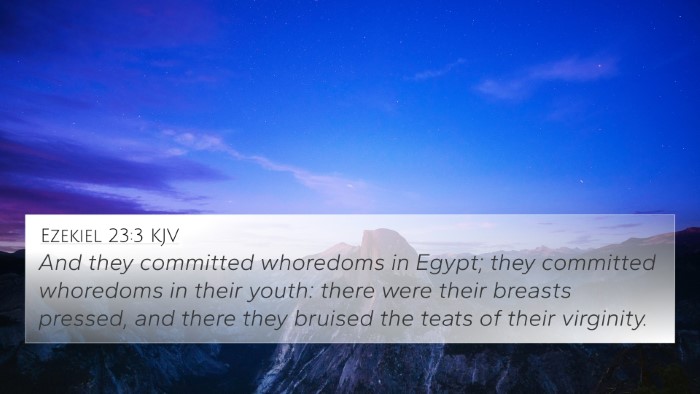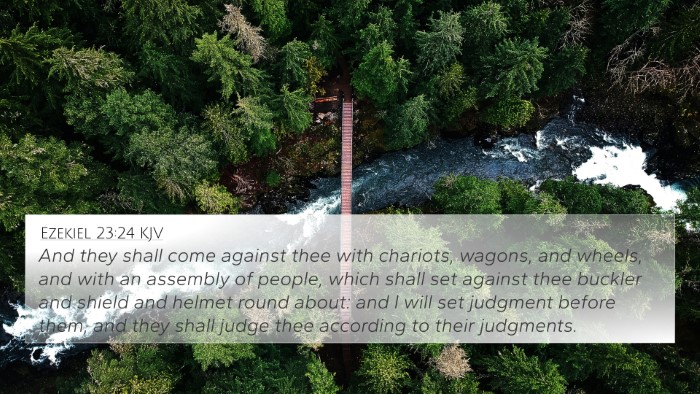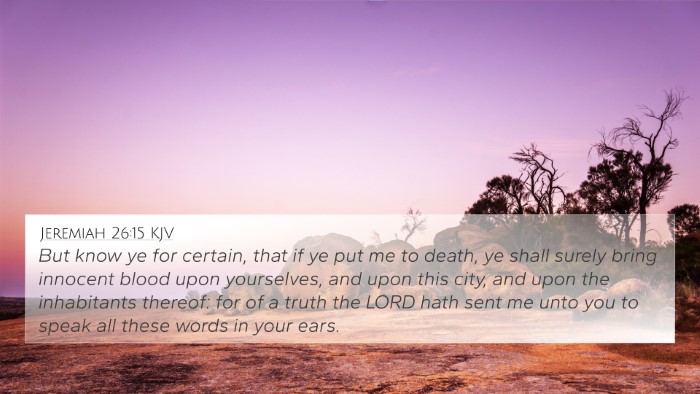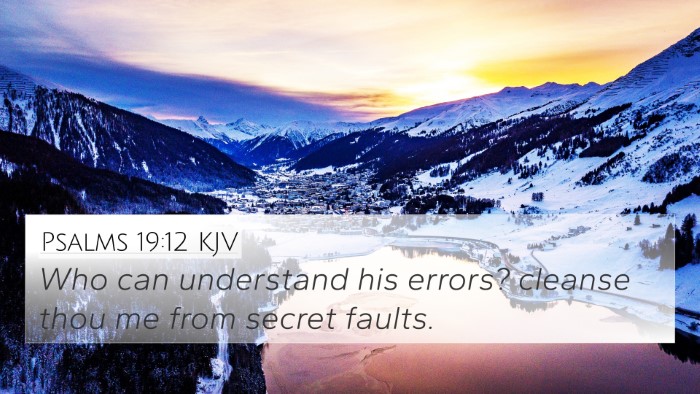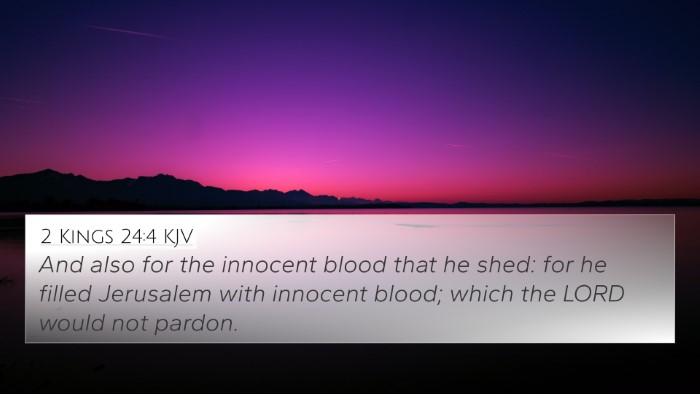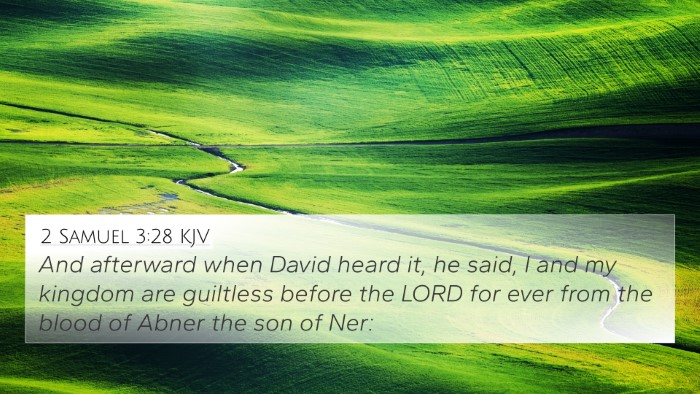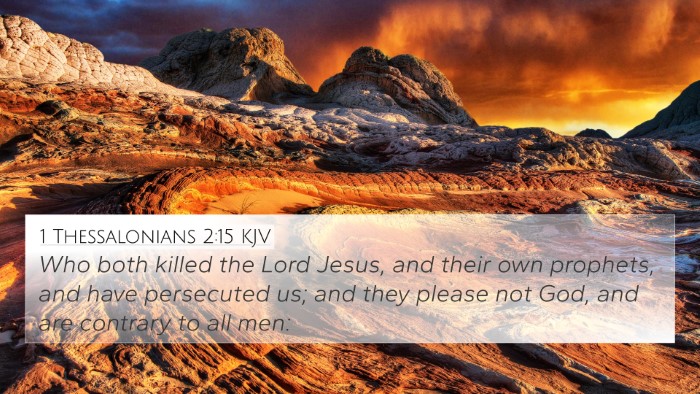Understanding Deuteronomy 21:8
Verse: "And the elders of that city shall bring down the heifer unto a rough valley, which is not eared nor sown, and shall strike off the heifer’s neck there in the valley."
Context and Significance
Deuteronomy 21:8 presents a specific law regarding the ritual that is to be performed when an unsolved murder occurs in Israel. This passage demonstrates the seriousness of shedding innocent blood and the community's responsibility for addressing such tragedy.
Meaning and Analysis
The following commentary insights highlight the significance of this verse:
- Community Responsibility: Matthew Henry emphasizes the role of the community in maintaining justice. The elders are tasked with addressing the crime and seeking atonement, underscoring that the land bears guilt when murder goes unpunished.
- Symbolism of the Heifer: Adam Clarke notes that the heifer symbolizes innocence and the need for a sacrifice to seek forgiveness from God. The act of decapitating the heifer signifies a serious dedication to restoring purity to the land.
- Covenantal Themes: Albert Barnes highlights that this passage aligns with the broader covenantal themes in Deuteronomy, where the nation of Israel is called to covenant faithfulness, including adherence to laws meant to promote peace and justice.
Connections to Other Scripture
This verse can be understood in the light of several related passages, establishing interesting connections within the biblical text:
- Numbers 35:33-34: This text underscores the significance of bloodshed and emphasizes that the land cannot be cleansed of the blood shed within it except by the blood of the one that shed it.
- Exodus 21:12: The call for justice in cases of murder relates directly to the principles established in Deuteronomy 21, focusing on the necessity of consequences for such actions.
- 2 Samuel 21:1: This passage discusses a time of famine in Israel connected to an unresolved murder, linking the community's welfare to justice being served.
- Hebrews 9:22: Reflecting on the concept of atonement, the necessity of blood being shed for forgiveness echoes the symbolism of the heifer's death in Deuteronomy 21.
- Matthew 5:21-22: Jesus expands on the understanding of murder and guilt, emphasizing the importance of addressing anger and reconciliation in the community.
- Romans 13:4: This verse elevates the role of governance in executing justice, paralleling the elders' function in organizing justice in the community.
- 1 John 1:7: The cleansing power of Christ’s blood connects with the need for sacrifice in the Old Testament, showing a thematic relation.
Thematic Insights
The verse reflects several overarching themes within the scripture:
- Justice and Atonement: The process outlined signifies the need for justice when wrongdoing occurs and calls for a means of atonement to restore the relationship with God.
- Community Role: It stresses that the local community is involved in upholding moral standards and avenging bloodshed.
- Cleansing the Land: The ritual signifies an acknowledgment of the land’s defilement due to sin and the necessity to restore its sanctity.
Application for Study
This verse can serve as an entry point for deeper scriptural studies. Here are some considerations:
- How to Use Bible Cross-References: Utilize tools such as a Bible concordance or a cross-reference guide to trace themes of justice and sacrifice through scripture.
- Comparative Bible Verse Analysis: Analyze the connections between the laws given in Deuteronomy and their New Testament implications in the life and teachings of Jesus.
- Bible Chain References: Compile a list of related passages to demonstrate the continuity of biblical themes regarding community responsibility and atonement.
Conclusion
Deuteronomy 21:8 serves as a reminder of the seriousness of injustice and the community's role in addressing it. Through careful examination and cross-referencing, a deeper understanding of biblical justice, atonement, and community responsibility can be gained.
